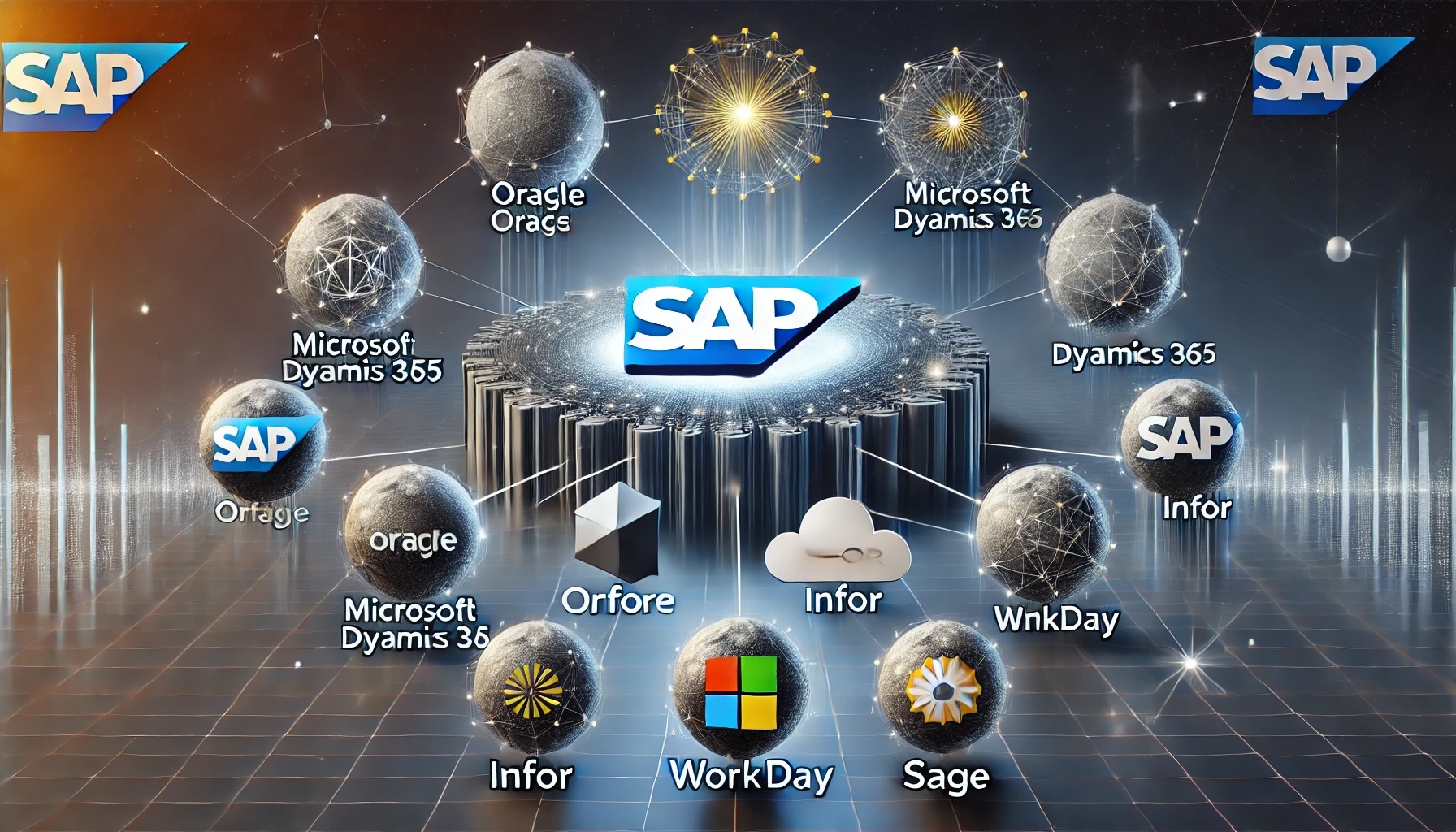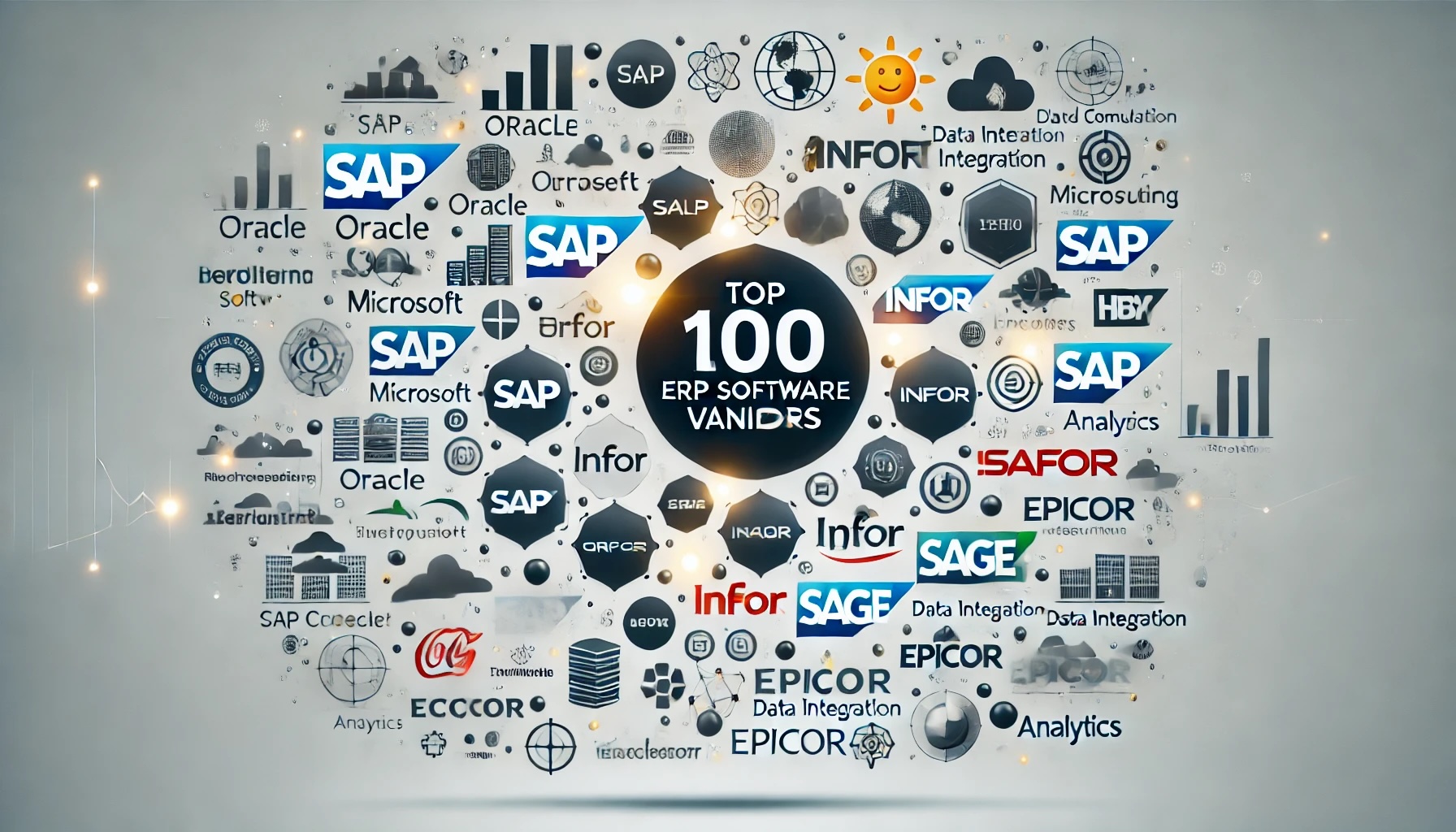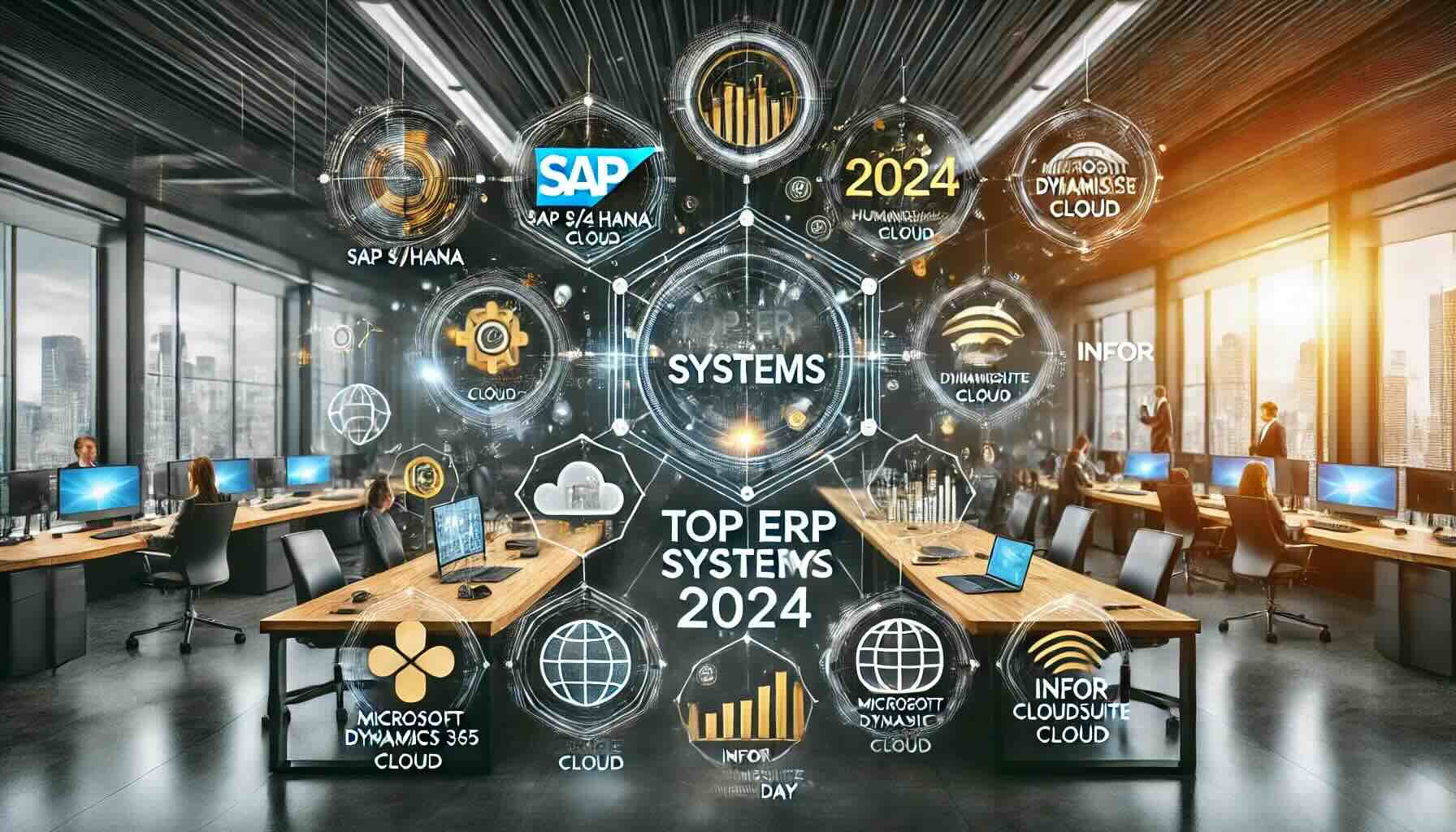Is Microsoft Dynamics a Good ERP for Real Estate and Property?

Is Microsoft Dynamics a Good ERP for Real Estate and Property?
In the rapidly evolving real estate and property industry, the need for an efficient and robust Enterprise Resource Planning (ERP) system cannot be overstated. Companies in this sector face unique challenges such as property management, compliance with regulations, tenant management, and asset maintenance. Selecting the right ERP system can streamline operations, improve decision-making, and enhance overall productivity. Among the top contenders in the ERP market, Microsoft Dynamics 365 stands out as a potential solution. This blog explores whether Microsoft Dynamics 365 ERP for real estate and property is a good fit, analyzing its strengths and weaknesses within this specific industry.
Microsoft Dynamics 365 is known for its flexibility and comprehensive suite of applications that can be tailored to meet the needs of various industries, including real estate and property management. However, it’s crucial to delve into the specifics to determine its effectiveness in addressing the unique requirements of this sector. We will evaluate the capabilities of Microsoft Dynamics 365, considering its functionalities in property management, financial management, customer relationship management (CRM), and integration with other systems.
Strengths of Microsoft Dynamics 365 ERP for Real Estate and Property
- Comprehensive Property Management: Microsoft Dynamics 365 offers extensive property management features, making it suitable for real estate companies. It includes modules for lease management, tenant billing, maintenance scheduling, and compliance tracking. These features help in automating and streamlining day-to-day property management tasks, reducing manual errors and saving time.
- Financial Management Capabilities: The financial management capabilities of Microsoft Dynamics 365 are robust, providing real estate companies with tools to manage budgets, track expenses, and ensure compliance with financial regulations. The system offers real-time financial reporting and analytics, enabling better financial oversight and decision-making.
- Customer Relationship Management (CRM): A significant advantage of Microsoft Dynamics 365 is its integrated CRM capabilities. Real estate businesses can manage client interactions, track sales leads, and automate marketing efforts. The CRM system helps in maintaining strong relationships with clients and tenants, improving customer satisfaction and retention.
- Scalability and Flexibility: Microsoft Dynamics 365 is highly scalable and can grow with your business. Whether managing a few properties or an extensive portfolio, the system can adapt to increasing demands. Its flexibility allows for customization to fit the specific needs of a real estate business, ensuring that it remains relevant and effective as the business evolves.
- Integration with Other Systems: Another significant strength of Microsoft Dynamics 365 is its ability to integrate seamlessly with other Microsoft products such as Office 365, Power BI, and Azure. This integration enhances productivity by allowing for easy data sharing and collaboration across different platforms. Additionally, it can integrate with third-party applications commonly used in the real estate industry, providing a unified and cohesive system.
Weaknesses of Microsoft Dynamics 365 ERP for Real Estate and Property
- Complexity of Implementation: Implementing Microsoft Dynamics 365 can be complex and time-consuming, particularly for large real estate firms with extensive operations. The customization and integration process might require significant IT resources and expertise. Companies may need to invest in training for their staff to fully utilize the system’s capabilities.
- Cost Considerations: The cost of Microsoft Dynamics 365 can be a potential drawback for small to mid-sized real estate businesses. Licensing fees, implementation costs, and ongoing maintenance expenses can add up, making it a substantial investment. However, the long-term benefits and efficiencies gained from using a comprehensive ERP system can offset these costs.
- Customization Challenges: While Microsoft Dynamics 365 is highly customizable, this flexibility can also be a double-edged sword. Over-customization can lead to a complex system that is difficult to manage and maintain. It’s essential to strike a balance between necessary customizations and maintaining a manageable system.
- Dependence on Internet Connectivity: As a cloud-based solution, Microsoft Dynamics 365 requires reliable internet connectivity. Any disruptions in internet service can impact access to the system, potentially affecting business operations. Companies must ensure they have robust internet infrastructure and contingency plans in place.
Conclusion
In conclusion, Microsoft Dynamics 365 ERP for real estate and property offers a comprehensive and flexible solution that can significantly enhance operational efficiency and decision-making in the real estate industry. Its strengths lie in its robust property management features, financial management capabilities, integrated CRM, scalability, and seamless integration with other systems. However, businesses must consider the complexities of implementation, cost factors, potential customization challenges, and dependence on internet connectivity.
For real estate companies willing to invest in a powerful ERP system and capable of managing its implementation complexities, Microsoft Dynamics 365 can be an excellent choice. It provides the tools needed to streamline operations, improve customer relationships, and gain insights through real-time data analytics, ultimately driving business growth and success in the competitive real estate market.
Click this link find out more about Microsoft Dynamics 365 for real estate and property.
To compare Microsoft Dynamics 365 with 100s of other ERP solutions, you can use our new AI-powered Compare ERP tool. It’s free to use and you get a guaranteed discount on your first year’s licence fees with a referral from Compare ERP.









